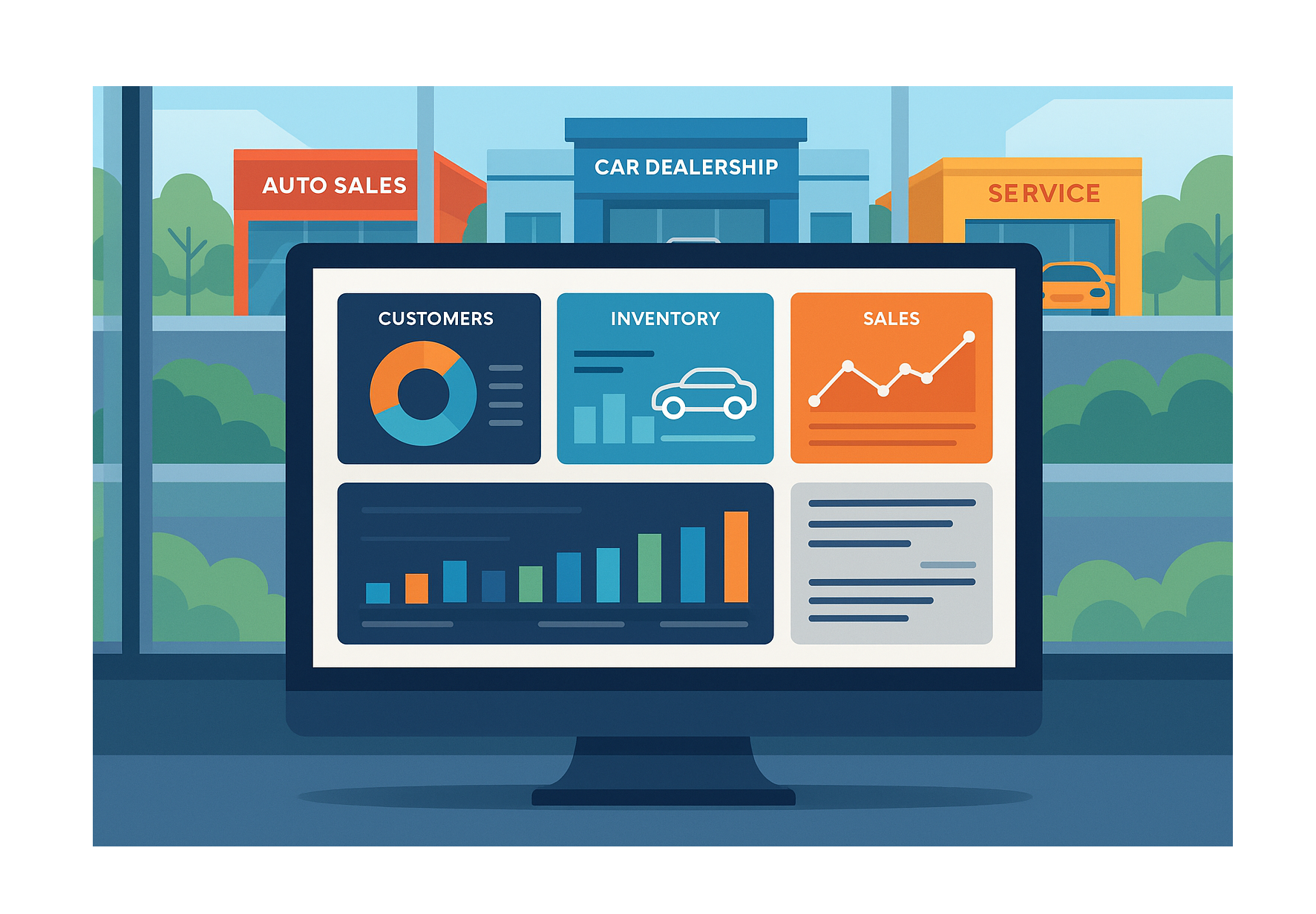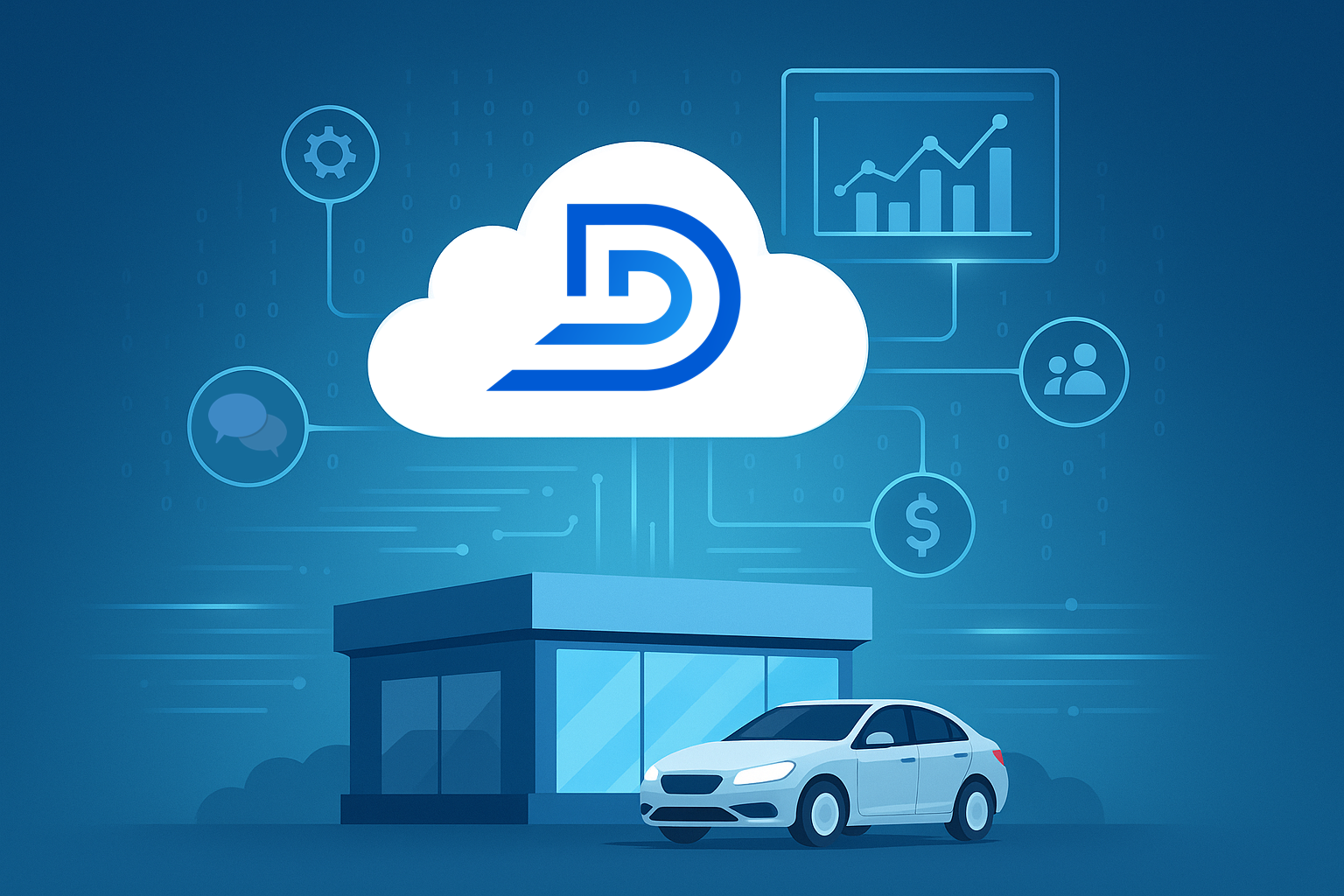Dynamic pricing of Inventory starts with access to real-time data.
June 16, 2017
American Airlines employed dynamic pricing nearly 40 years ago when they introduced "super-saver" fares and constantly adjusted ticket prices based on seat availability, passenger demand, and how far in advance customers made reservations. Disneyland recently introduced a new policy to charge admission prices ranging from a 4% discount on slow days to a 20% increase on the busiest days. Uber and Lyft charge higher rates on Saturday nights, while retail giants like Amazon use dynamic pricing to match their inventories with demand.
So what’s driving businesses today to adopt American Airlines early pricing approach? The short answer is access to technology and computer power. American and other airlines had massive computer-reservation systems in the past that allowed them to exploit real-time data. Many businesses today rely on cloud-based platforms that provide real-time data around inventory and consumer demand. For industries like automotive, access to large amounts of real-time data could offer a lot more than dynamic pricing tactics.
Companies are being forced to adapt how they design, market, and deliver products/services as growing transparency, customer engagement, and mobile networks influence new consumer behaviors. “Leaders must wake up,” Marc R. Benioff, Chairman and Chief Executive Officer of US technology company Salesforce, declared. “We are in a leadership crisis. We are seeing technological shifts and changes on a scale we have never seen on this planet. These require severe and extreme leadership.”
A surge of mobile devices, social media and other means of collecting digital information has made it possible to obtain detailed, accurate data on almost anything. But to glean valuable insights from the vast amounts of data, dealerships must require a common standard for data collection, maintain open access, and employee enough computer power for interpretation. Mary Barra, Chief Executive Officer and Chairman of General Motors believes “The auto industry will change more in the next 5 to 10 years than it has in the last 50.”
The future of cloud computing in the automotive sector will also lead to a supply-side miracle, with long-term gains in efficiency and productivity. Transportation and communication costs will drop, logistics and global supply chains will become more effective, and the cost of trade will diminish. Inovaters who leverage cloud-based platforms for research, development, marketing, sales, and distribution will significantly disrupt industry leaders and break long standing value chains with improved quality, speed, and the price at which value is delivered.
So what’s driving businesses today to adopt American Airlines early pricing approach? The short answer is access to technology and computer power. American and other airlines had massive computer-reservation systems in the past that allowed them to exploit real-time data. Many businesses today rely on cloud-based platforms that provide real-time data around inventory and consumer demand. For industries like automotive, access to large amounts of real-time data could offer a lot more than dynamic pricing tactics.
Companies are being forced to adapt how they design, market, and deliver products/services as growing transparency, customer engagement, and mobile networks influence new consumer behaviors. “Leaders must wake up,” Marc R. Benioff, Chairman and Chief Executive Officer of US technology company Salesforce, declared. “We are in a leadership crisis. We are seeing technological shifts and changes on a scale we have never seen on this planet. These require severe and extreme leadership.”
A surge of mobile devices, social media and other means of collecting digital information has made it possible to obtain detailed, accurate data on almost anything. But to glean valuable insights from the vast amounts of data, dealerships must require a common standard for data collection, maintain open access, and employee enough computer power for interpretation. Mary Barra, Chief Executive Officer and Chairman of General Motors believes “The auto industry will change more in the next 5 to 10 years than it has in the last 50.”
The future of cloud computing in the automotive sector will also lead to a supply-side miracle, with long-term gains in efficiency and productivity. Transportation and communication costs will drop, logistics and global supply chains will become more effective, and the cost of trade will diminish. Inovaters who leverage cloud-based platforms for research, development, marketing, sales, and distribution will significantly disrupt industry leaders and break long standing value chains with improved quality, speed, and the price at which value is delivered.
























.png)



















































































































.png)



